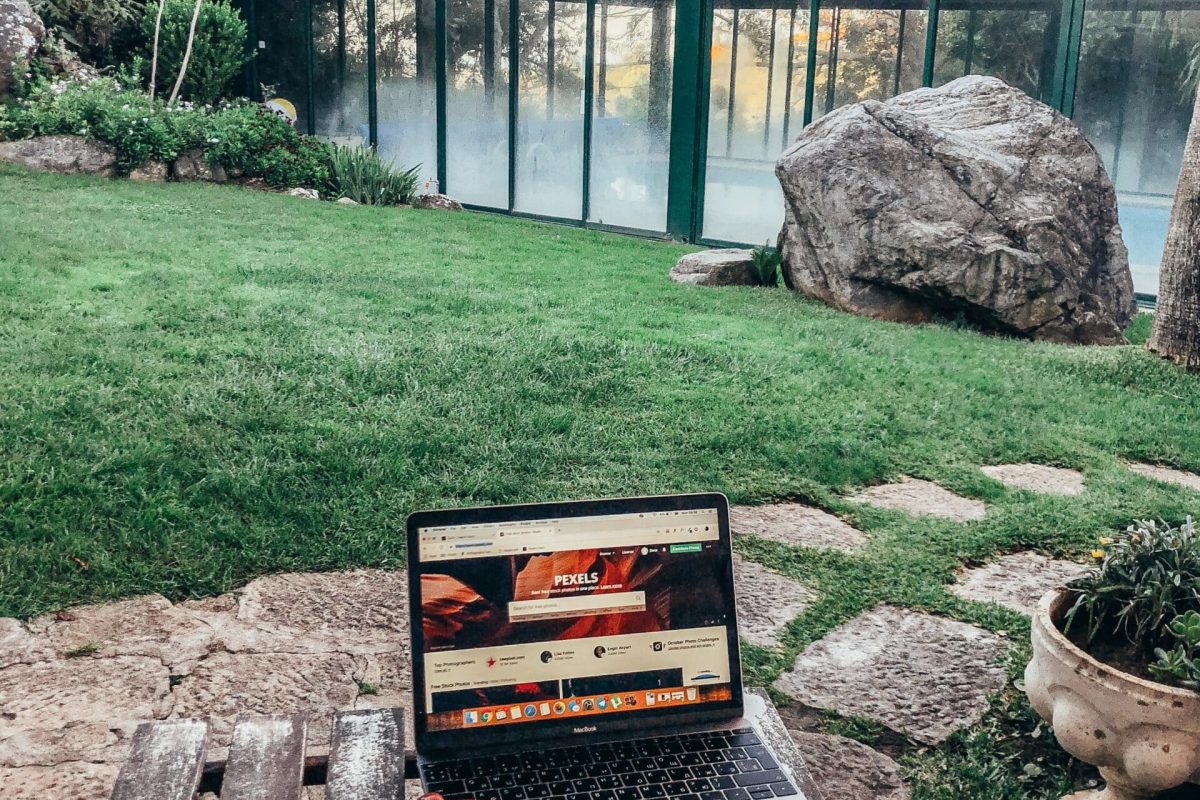Con cada vez más personas buscando trabajar remotamente o al menos desde la comodidad de su casa, nos estamos dando cuenta de las cosas que cambian cuando no nos encontramos dentro de una oficina. La rutina cambia, obviamente, pero más allá… también tu ritmo de trabajo y la dinámica que llevas usando durante años en tu buen escritorio de Godín.
Te dejamos algunas de las lecciones que hemos aprendido, por las buenas o por las malas, dentro de nuestra organización y que nos ha ayudado para mejorar la productividad.
-
No existe la sobre comunicación
Siendo el líder de un equipo o un proyecto probablemente te preguntes ¿Cómo me voy a enterar del estatus? ¿Cómo sabré que todos están trabajando sin inconvenientes? Porque normalmente este tipo de cuestiones se comunican en el café de la mañana o durante una breve visita a su espacio de trabajo.
Al tener una cultura de comunicación constante sobre tu carga de trabajo y tus avances, cómo te sientes con el equipo e incluso con tu horario laboral, estás creando un impacto positivo.
Algunos equipos tienden a hacer una reunión breve todos los días con todos los miembros del equipo dónde hablan sobre las tareas que están ejecutando y si existe algún tipo de obstáculo para que la puedan cumplir en tiempo y forma. Así el equipo seguirá trabajando como equipo y no tendrás cabos sueltos dentro de tu organización.
-
No estás solo
A pesar de que para algunas personas el estar solos les inspira ser más productivos pues les permite entrar a un nivel más profundo de concentración y encontrar su propio ritmo en donde más les acomode trabajar. Con el paso de los días lo más probable es que te empieces a sentir solo, ya sea a nivel personal o laboral, pero por el momento nos enfocaremos en el nivel laboral.
Recuerda que tus compañeros también están trabajando y que ellos también deberían estar conectados al mismo tiempo que tú, así que no te preocupes por escribirles y hacerles saber si necesitas algo de ellos, estoy seguro que pronto responderán a tus necesidades para que puedas seguir con tus actividades.
Ahora, abordando el tema personal, sabemos que tu casa quizá sea el primer paso obligado para aterrizar tu próximo escritorio; sin embargo, debes experimentar trabajar en una cafetería donde te sientas cómodo, algún co-working cercano e incluso lanzarte a algún lugar turístico – una playa o el centro de la ciudad –, no hay reglas escritas así que prueba de todo antes de establecerte.
-
Utiliza el tiempo sabiamente
Trabajar remotamente también implica, en la mayoría de los casos, no tener que cumplir “horas – nalga” como popularmente se le conoce a tener que estar sentado en un horario fijo. Normalmente estos cambios vienen también con un esquema de resultados y no de horarios, por lo que tienes que empezar a planear bien cómo organizarás tu día.
Por ejemplo, si eres una persona mañanera y puedes realizar tu trabajo de manera independiente probablemente te interese cumplir con tus deberes incluso antes que el resto del equipo despierte. Este pequeño cambio te libera todo el día para nuevas actividades donde puedas estar al pendiente de lo que suceda con tu equipo.
-
Anímate a dar y recibir retroalimentación
No pasar tiempo físicamente con tu equipo de trabajo deshabilita esas pequeñas conversaciones donde hablan, casi inconsciente, sobre lo que pueden mejorar o donde existen oportunidades de mejora en sus áreas. El nivel de retroalimentación esperado depende mucho del tipo de organización, de su giro y de las actividades que personalmente estés realizando, por lo que te invitamos a que experimentes y encuentres un balance que mejor colabore con las metas de tu organización.
Algunas recomendaciones que hemos encontrado útiles:
- Encuestas anónimas a través de un link (Google – SurveyMonkey)
- Una llamada (telefónica o de vídeo) con tu líder inmediato semanal o mensual.
- Un foro (público) donde cada quién pueda aportar sus comentarios en su debido momento.
Los cambios suelen llegar acompañados con incertidumbre e incluso causar otros cambios drásticos en nuestras vidas personales, date un tiempo para reflexionar si realmente el trabajo remoto es para ti y si quieres tomar esta modalidad.


